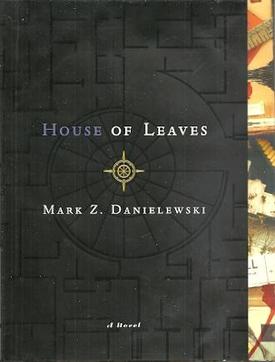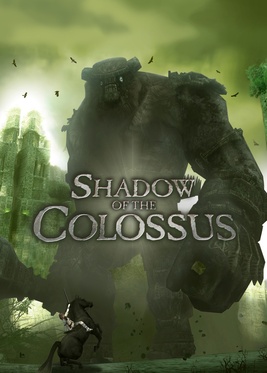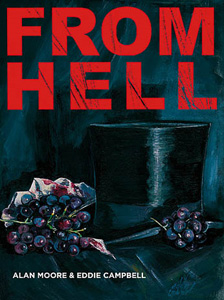Lists















15 Books
What Great Minds Lie In The Dust - Dying Earth Books
Sort by:
Recent Desc
Dying Earth is a subgenre of science fantasy or science fiction which takes place in the far future at either the end of life on Earth or the end of time, when the laws of the universe themselves fail. Themes of world-weariness, innocence (wounded or otherwise), idealism, entropy, (permanent) exhaustion/depletion of many or all resources (such as soil nutrients), and the hope of renewal dominate. Not to be confused with post apocalyptic!








